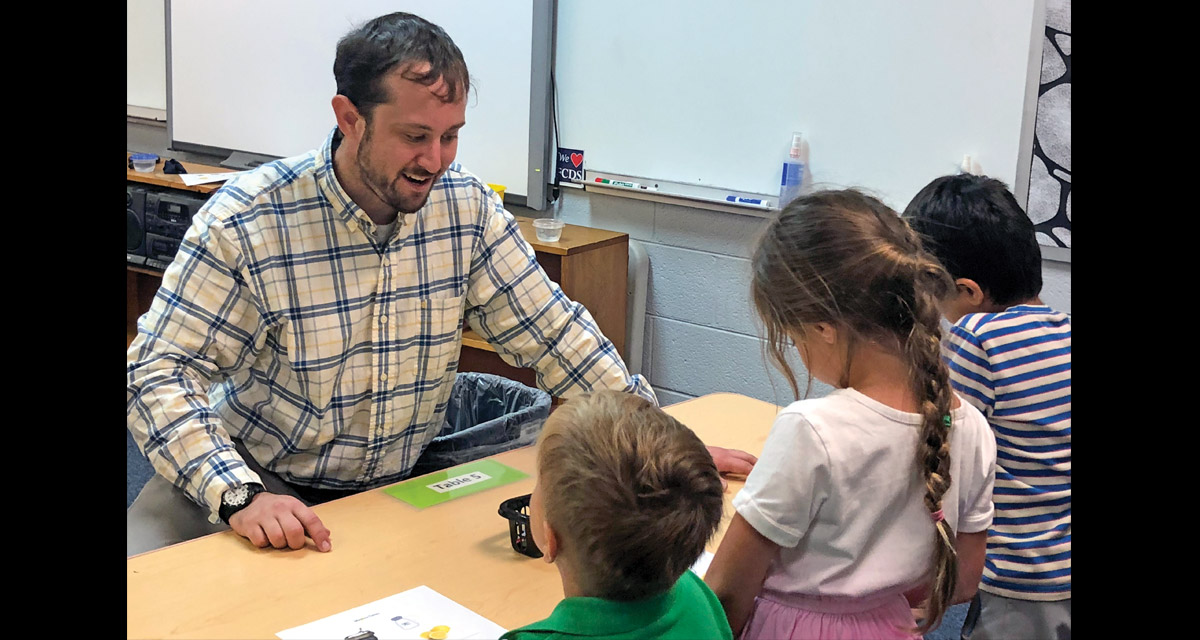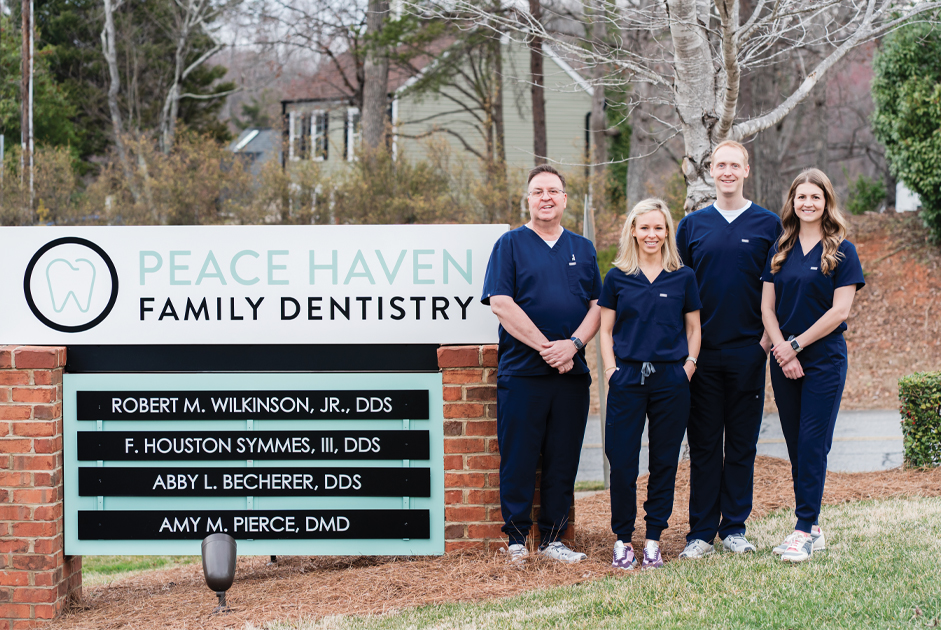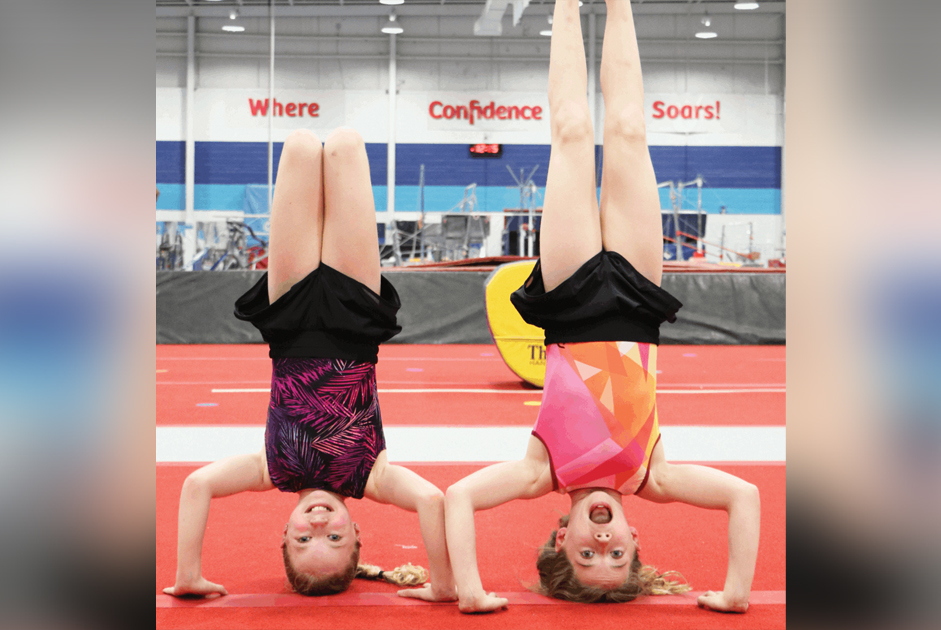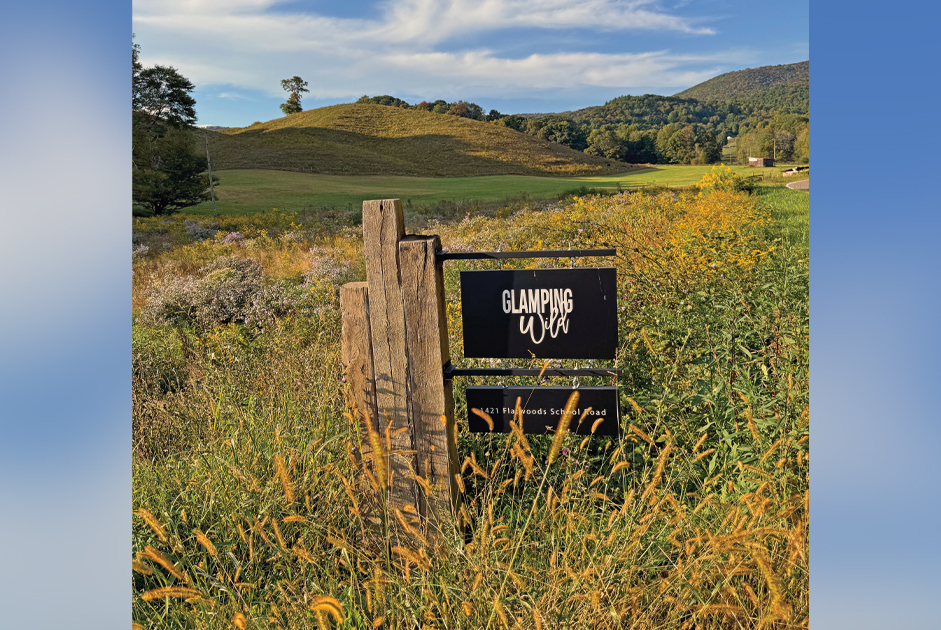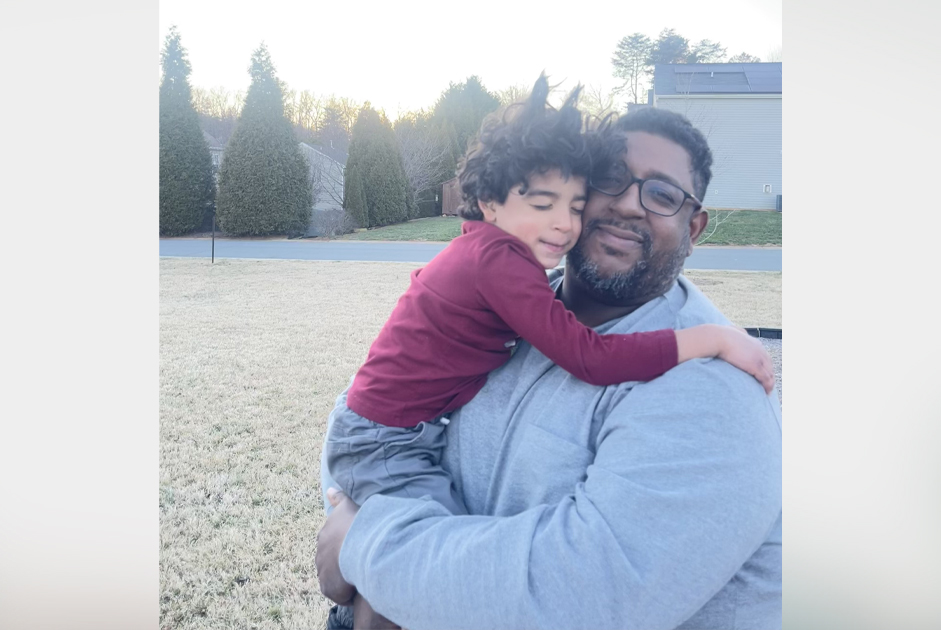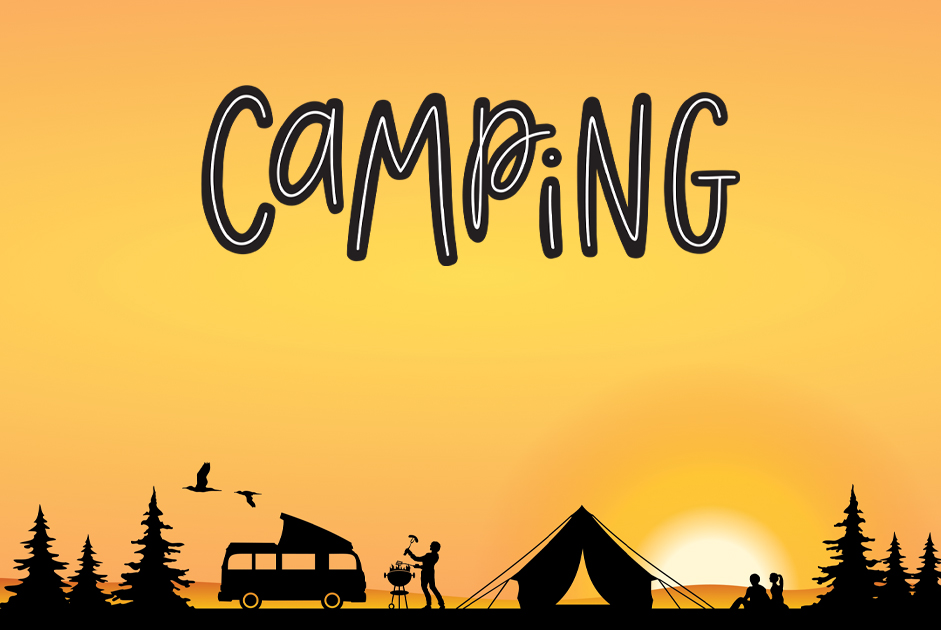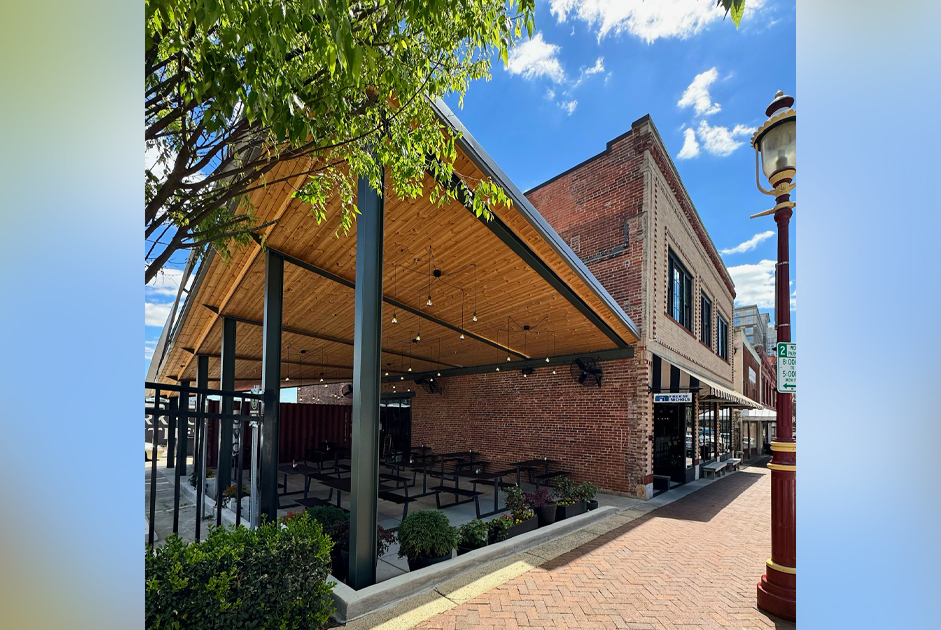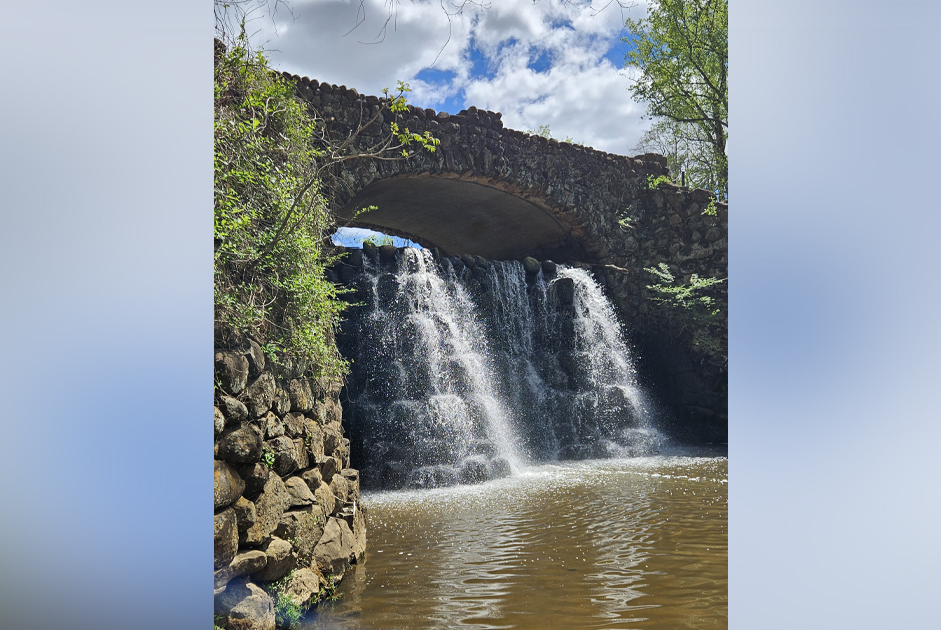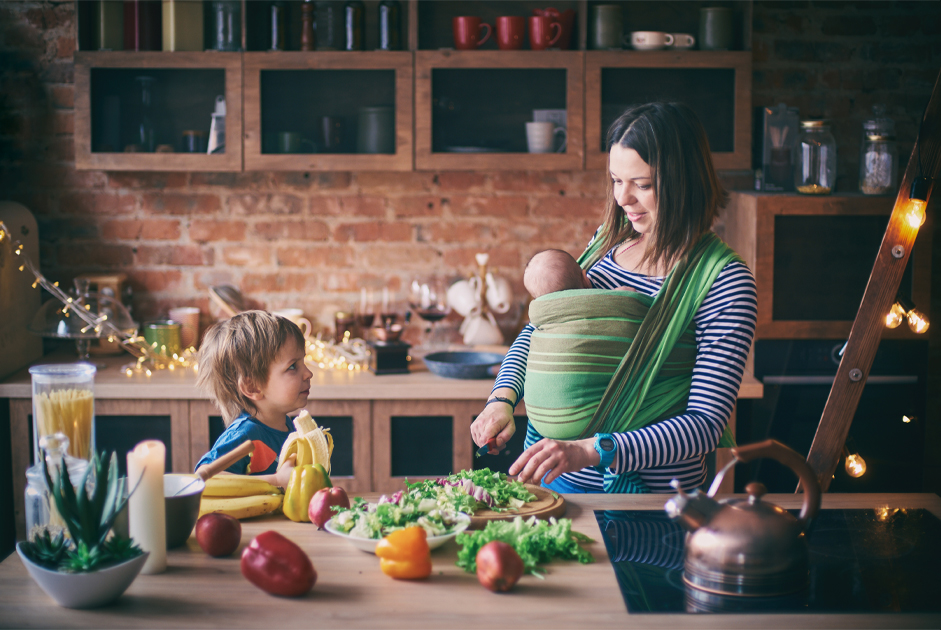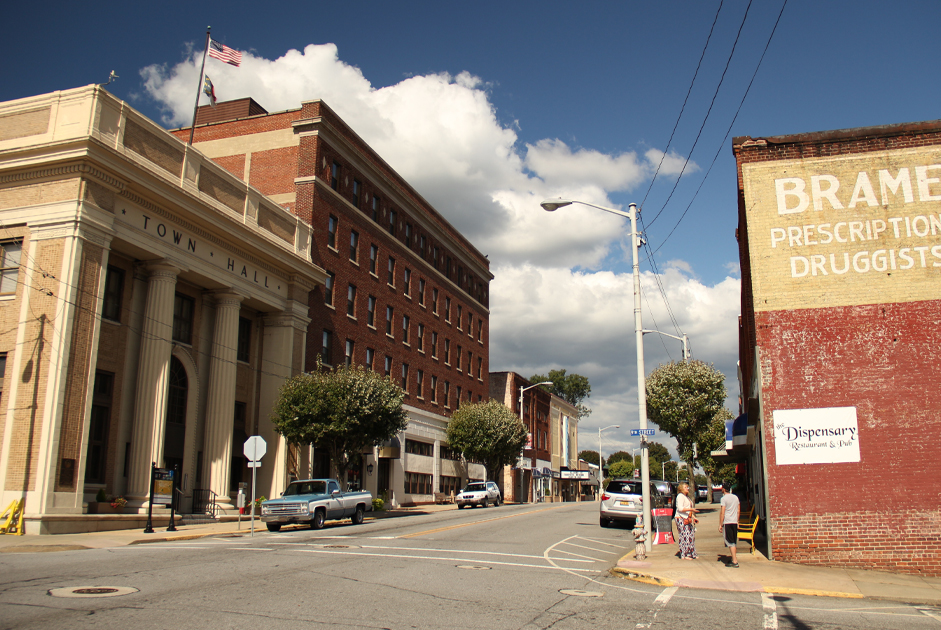BY PRISCILLA ST. JOHN
On a sunny Tuesday morning, kindergarten students are sticking their tongues out and laughing. Rather than scolding them, their teacher is an active part of the fun: welcome to Lower School science at Forsyth Country Day School.
“My scientists, today we’re going to talk about the sense of taste,” says teacher Danny Lough. “T is for taste. What do we use to taste with?”
“Our tongue!” one student replies.
“Does our tongue automatically know that cake is sweet?” he asked. “We actually have little bumps on our tongue called taste buds that tell us about taste.”
Mr. Lough takes out a big magnifying glass. “If you look through this, it makes things look a lot bigger. We’re going to play a game of hot potato and look at each other’s taste buds for three seconds, then pass the magnifying glass to our next scientist.”
The magnifying glass travels quickly around the room. Tongues are inspected and taste buds identified, then the young scientists taste different mystery samples and identify whether they are sweet, sour, salty, or bitter. (Note: basil, the bitter taste, was NOT a favorite.)
The human body is only the first subject covered in daily kindergarten science. Students in Mr. Lough’s class also learn about how scientists work, animals and animal habitats (staying with the five vertebrate groups), plants, and finally, physics.
“In Lower School at Forsyth Country Day, it’s all about hands-on learning,” Mr. Lough says. “We do experiments. We learn scientific concepts, but it’s fun.”
And the kids agree. Kindergartener Harper Kate says, “Science is really fun. Mr. Lough is funny. He says new words in a funny deep voice.”
Fellow Kindergartener Liam agrees. “You get to learn new things and it’s fun.”
Science department chair Joe Trotter— who ensures that the science curriculum aligns vertically from kindergarten through twelfth grade—said that science in Lower School is meant to engage and spark curiosity. “What we like to see is kid-engaged learning,” Joe says. “Science is exploration, observation. It’s discovering how to observe and look at things and ask questions, which sets them up to investigate science concepts at a deeper level as they go forward.”
From first through fourth grade, students study with Jacqui Chance. She holds degrees in biology and dance and uses music and movement in her classes to help engage young learners and help to channel their (considerable) energy. “Lower School science is all about sparking their curiosity and enthusiasm—getting them to ask questions about the world around them,” Jacqui says. “It’s about the hows, the whys, and the whats, and we learn it in a manner that taps into all the different ways kids learn—kinesthetic, auditory, visual.”
Creative, hands-on activities help Mrs. Chance pave the way for learning serious science—and in many cases, she taps into character education by bringing in a service-learning component. For first grade’s study of plants and their life cycle, she introduced the “Lettuce Help” project. In early fall, students plant pots with lettuce. Once their crop has grown, the class harvests the lettuce and donates the produce to the Clemmons Food Pantry.
“We’re developing citizens as well as scientists,” she said. “If we can use science to help others, we do it.” Other community-minded projects include the third grade chemistry unit, which involves making mixtures. After making the standard salt solution and oil-and-water mixture, they make trail mix and deliver it to Samaritan Ministries in December. “That way, the homeless on the street can stop in and get a nutritious snack … and we’ve learned about mixtures.”
Jesper, a third grader, enjoys learning with Mrs. Chance. “I love how many projects we do,” he said. “I love the experiments, and Mrs. Chance is nice. She cares about how you learn.”
Mrs. Chance is committed to teaching her students real scientific concepts and giving them the tools to explore their world, but to do it in an engaging way. “My bottom line is to try to make it fun but to keep it good, solid science.”
From kindergarten to Middle School to Upper School AP Biology and the Engineering Academy, one overarching theme emerges. “No matter what grade they’re in, we want our kids engaged and hands-on,” Mr. Trotter said. “We want them to be active learners and to enjoy the journey.”
Would your child enjoy the hands-on learning of science every day? Would you like to see our curious students and invested teachers in action? Schedule your tour at FCDS.org/page/admission/schedule-your-tour today!

